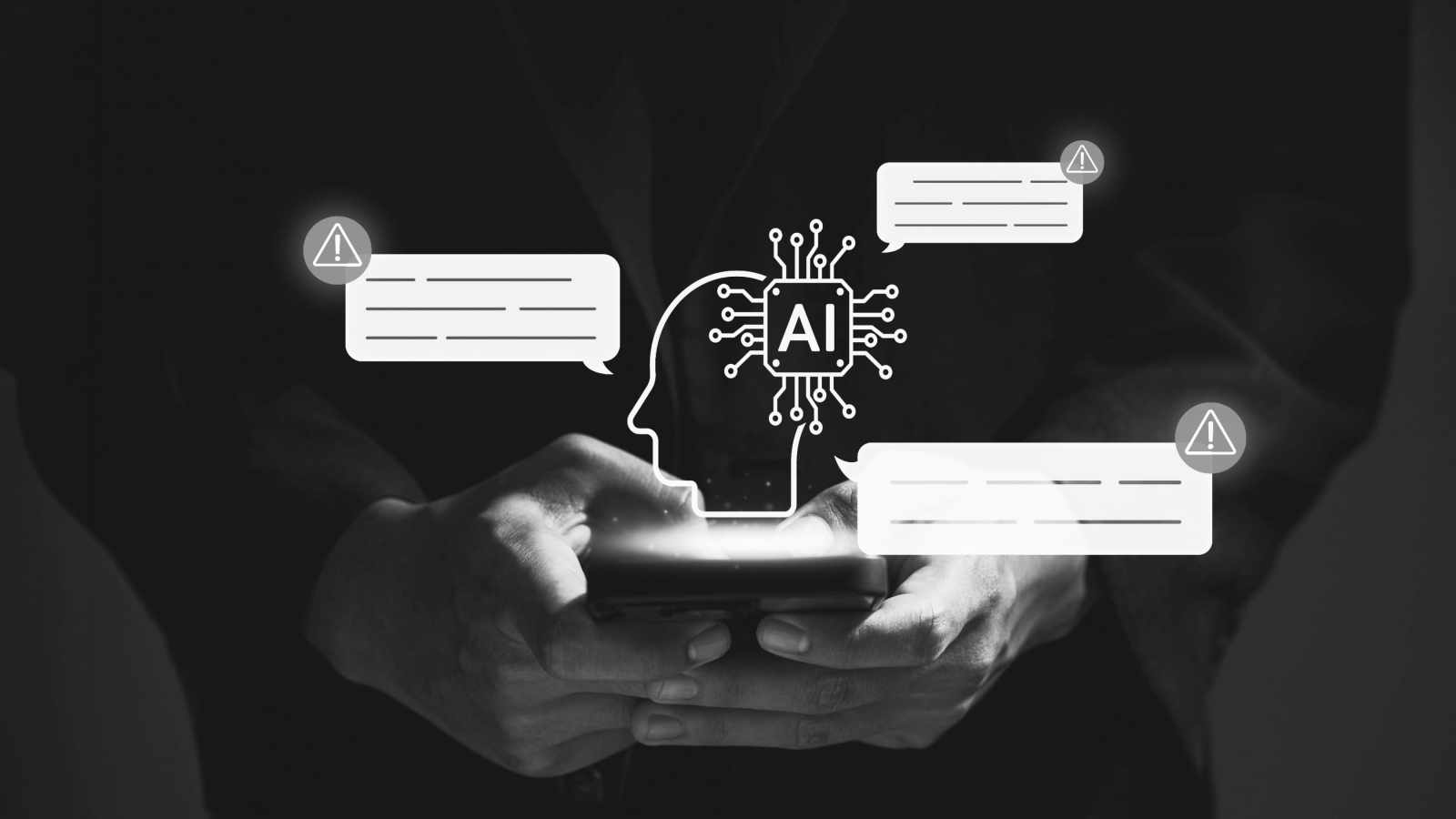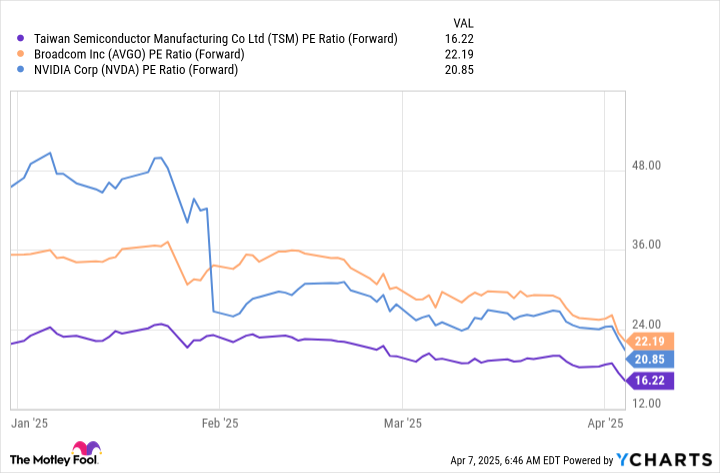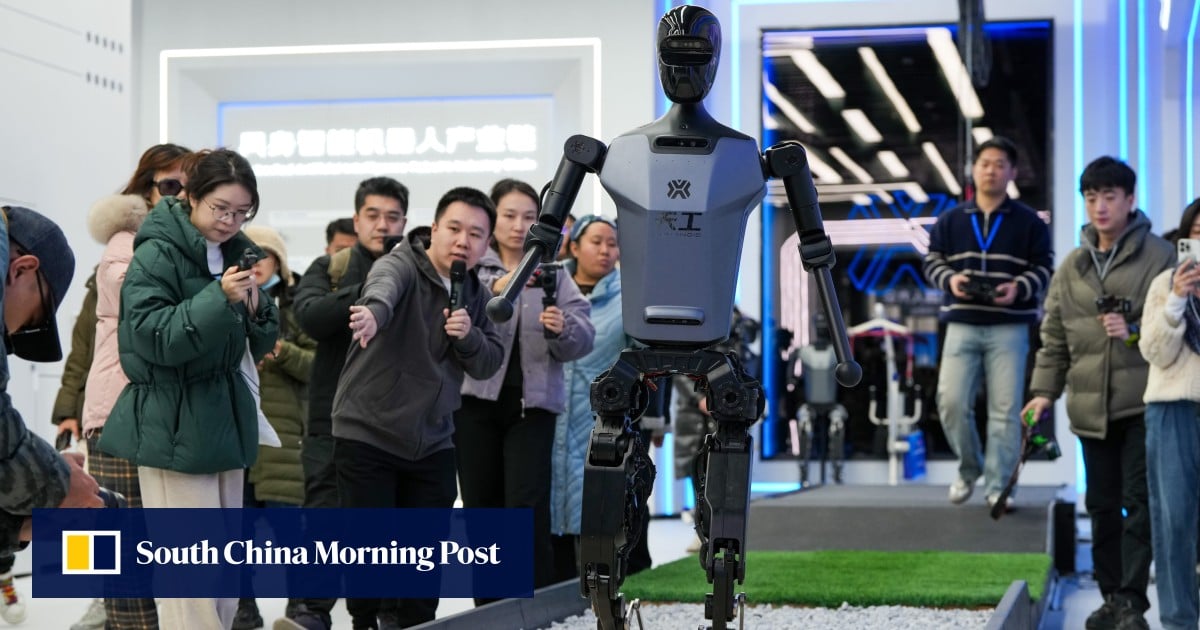As an economic and political alliance now comprising 11 members, BRICS provides strategic momentum to harness artificial intelligence (AI) as a catalyst for economic growth and reduction of global inequality. With collective economic growth reaching around 40% of global GDP, BRICS presents an extraordinary opportunity to strengthen Indonesia’s position in the global economy.
As one of the new BRICS partners alongside Belarus, Bolivia, Kazakhstan, Thailand, Cuba, Malaysia, Uganda and Uzbekistan starting January 1, 2025 , Indonesia has immense potential to leverage this network to accelerate the implementation of its national AI strategy. Initially formed by five main countries – Brazil, Russia, India, China and South Africa – BRICS envisioned strengthening economic and geopolitical cooperation among developing countries. With the addition of six new members in 2024 (Argentina, Egypt, Ethiopia, Iran, Saudi Arabia and the United Arab Emirates), BRICS further establishes itself as a major economic and geopolitical force focused on empowering the Global South.
In this context, Indonesian Minister of Communication and Digital Affairs Meutya Hafid highlighted five priorities in Indonesia’s national AI strategy: health services, bureaucratic reform, talent education, development smart cities and food security. These priorities align with BRICS goals to foster inclusive development, providing Indonesia with opportunities to learn and collaborate with BRICS members to achieve sustainable technological transformation.
AI is a key driver of future economic growth due to its ability to accelerate innovation, improve efficiency and add value across all sectors. Furthermore, the development and mastery of AI is a matter of national sovereignty, ensuring that the technologies adopted correspond to the values of the nation and can be optimally used for its benefit. Furthermore, engagement with BRICS is crucial to balance the dominance of Western AI technologies, thereby providing Indonesia with strategic alternative access to safeguard its national interests. This is particularly relevant in the context of the ongoing technology race between China and the United States, particularly in the semiconductor sector, which forms the foundation for AI development. Simultaneously, Indonesia is moving toward OECD membership, adding a strategic dimension to its efforts to strengthen technology governance and attract high-quality investment. In this context, Indonesia’s partnership with BRICS provides a strategic boost to strengthen its position in global competition.
Strategic Collaboration Opportunities
Strengthening AI infrastructure
Indonesia can leverage China’s experience in building large-scale data centers and developing 5G technology to support AI. However, according to data from the Ministry of Communication and Digital (Komdigi), 5G network coverage in Indonesia only reaches 2.9% of total residential areas, compared to 98.51% for 2G, 5.73 % for 3G and 97.16% for 4G. Yet 5G is crucial for innovation and AI development, particularly for supporting fast and stable connectivity in strategic sectors such as health, education and agriculture. Beyond 5G, other infrastructure developments like the Internet of Things (IoT) are also priorities for accelerating automation in agriculture and manufacturing. Decentralized data centers can improve local data processing efficiency, while cloud computing and edge computing provide flexibility for various AI applications. Countries such as China, Saudi Arabia and the United Arab Emirates have significant potential as investors in Indonesia’s AI infrastructure sector, given their strong commitment to the development of digital technology. Additionally, investments from BRICS countries can be directed towards accelerating digital infrastructure development, particularly in underserved areas, to directly benefit communities.
Ecosystem for research and innovation
Transnational research collaborations, such as with institutions in India – a global technology hub – can accelerate the development of AI technology in Indonesia. This collaboration enables Indonesia to use cutting-edge technology to address national challenges such as reducing poverty, improving digital literacy and accelerating development in disadvantaged regions. In the context of the South, one of the strengths of BRICS is its commitment to empower developing countries. These countries face unique challenges compared to developed countries, requiring AI technologies that amplify human resource skills, effectively accelerate reskilling processes and make them accessible to all. The main focus of research and innovation should also include the development of AI to reduce poverty and improve digital and AI literacy, especially for populations with low levels of education .
Improve human resource capacity
Collaborations with BRICS universities and training institutions can introduce exchange programs and AI skills certifications for Indonesian workers. By learning from South Africa, Indonesia can adopt educational models that are inclusive and relevant to younger generations. China, which has the world’s largest vocational education system with more than 10,000 schools and colleges and 30 million students, is an inspiring model. Each year, this system produces around 10 million high-quality technical workers, providing important support for economic and social development while boosting national competitiveness. In addition, vocational universities in China, totaling 51 institutions, provide a three-dimensional talent training system that integrates vocational and general education, providing various paths to success. This approach can incentivize Indonesia to accelerate the development of AI-enabled skills ready to face global competition.
AI applications in priority sectors
Brazil’s experience using AI to improve agricultural efficiency can be adapted to strengthen Indonesia’s food security. Challenges in Indonesia’s agricultural sector include low productivity due to limited land and a majority of small farmers, as well as inefficient supply chains. AI technologies can solve these problems through distribution optimization, more accurate yield forecasting and better land management. In healthcare, Indonesia faces challenges such as an imbalance between the number of doctors and the population, as well as unequal distribution. Hospital facilities are also concentrated in large cities, leaving many isolated areas on scattered islands underserved. India and China offer examples of how AI-based health technologies can expand access to medical services at lower costs while reaching broader communities. Such technologies are highly relevant for Indonesia to address healthcare disparities nationwide.
AI governance and regulation
Harmonizing AI policies with those of BRICS countries can improve transparent and ethical governance. For example, Russian AI regulatory standards are relevant for Indonesia because they emphasize data sovereignty, cybersecurity protection, and technology certification tailored to national strategic needs. This approach differs from regulations in developed countries like the European Union (EU) and the United States (US), which focus more on consumer data protection and technology market competition. While European regulations, such as the General Data Protection Regulation (GDPR), prioritize individual privacy and U.S. policies emphasize market-driven innovation, the approach Russian is more applicable to developing countries like Indonesia due to its emphasis on sovereignty and national strategic needs. However, Indonesia needs to develop its own AI regulations tailored to its specific needs and characteristics. This requires a comprehensive approach that considers social, economic and political contexts to ensure that regulations support innovation, protect privacy and hold society accountable.
Indonesia’s role on the world stage
As a new member, Indonesia can lead strategic discussions within BRICS regarding the use of AI for sustainable development. With six new members in 2024, BRICS now brings together more than 46% of the world’s population and around 40% of global GDP, thus consolidating its position as a major economic power. By leveraging AI to achieve environmental, social and governance (ESG) goals, Indonesia can strengthen its role as an advocate for inclusive and sustainable AI development, particularly in the Global South. This position is also vital for tapping the vast potential of the consumer market and fostering closer economic cooperation within BRICS.
Conclusion
The BRICS network provides a strategic platform for Indonesia to accelerate the implementation of its national AI strategy. Given the economic scale, demographics and geopolitical commitments of BRICS, Indonesia has the opportunity to become a key player in technological transformation that not only strengthens national competitiveness, but also supports inclusive development for Company. This is in line with President Prabowo’s vision that Indonesia should play an important role on the global stage by maintaining good relations with all global alliances. By leveraging collaborative opportunities in infrastructure, research, human resources and governance, Indonesia can realize its vision while consolidating its position as a technological leader in the region and the world. Strategic partnerships will ensure that AI becomes not only a tool for economic progress, but also a means of inclusive and sustainable development.










